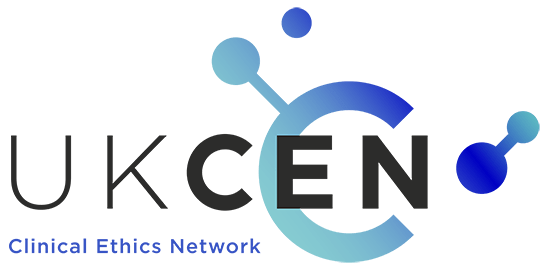Evaluation
There is ongoing debate in the international literature about how best to measure the outcomes of clinical ethics services and evaluate their work. For example, a 2019 Cochrane review by Schildmann and colleagues (which you can read here) concluded as follows:
“It is not possible to determine the effectiveness of ethical case interventions with certainty due to the low certainty of the evidence of included studies in this review… There is need for further research to identify and measure outcomes which reflect the goals of different types of ethical case intervention.”
Schildmann et al, Ethical case interventions for adult patients. Cochrane Database of Systematic Reviews 2019
In Making the Case for a Clinical Ethics Service, we noted that clinical ethics services can provide or add value in various ways, including:
- Supporting clinical decision-making
- Reinforcing the organisation’s ethical culture
- Fostering trust amongst the public, patients and other stakeholders
- Improving patient well-being and satisfaction
- Improving staff well-being
- Reducing or removing conflict
- Saving the organisation (or system) money
Measuring these benefits may be possible in some cases (and organisations), but others might be rather more difficult to measure. Internationally, research is ongoing into how to evaluate the work of clinical ethics support services.
Presently, UKCEN suggests that services at least aim to reflect – and seek feedback – on their work. Feedback from those who use or consult the service is likely to be valuable; for example, some committees follow up with those clinicians who refer a case to the service, to seek feedback on how they found the process and the advice offered. Those contributing to the service (for example, as members) should also regularly reflect on its work and processes.
You can find a sample case referral form in Downloads, which includes a section on follow-up.
